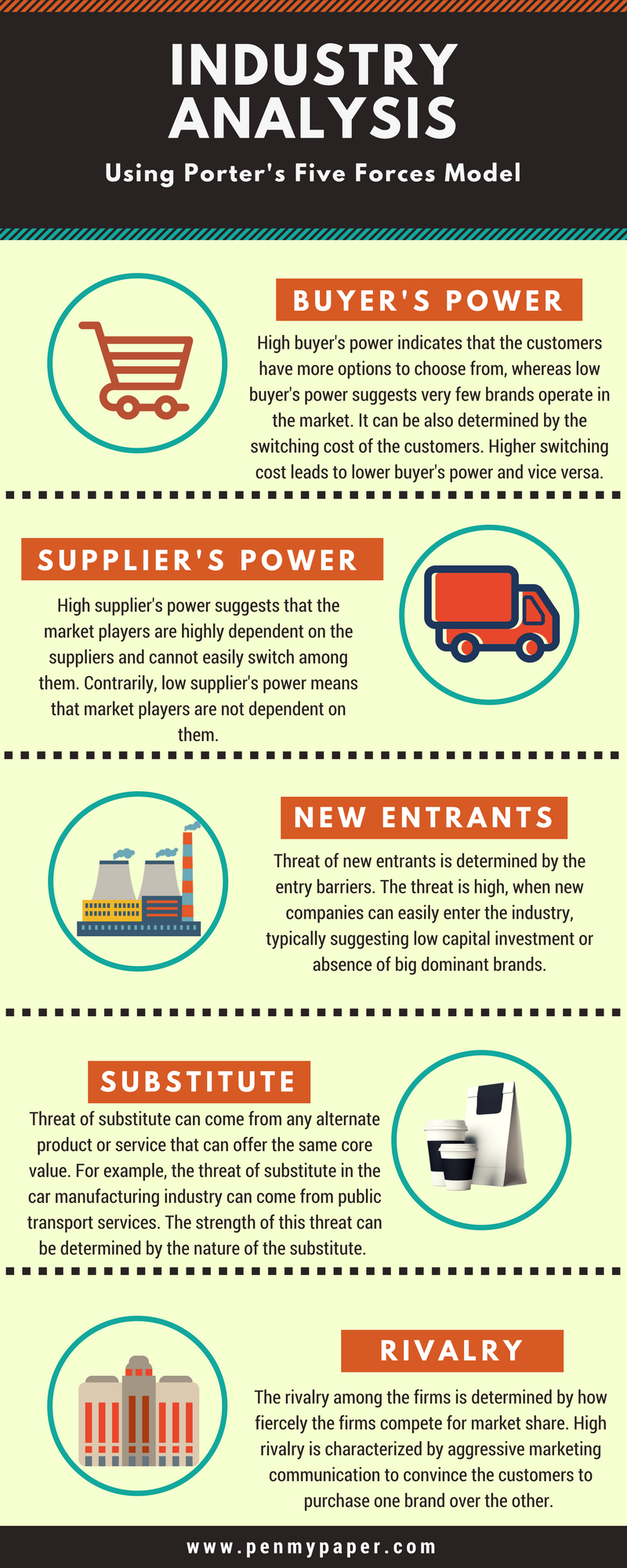
The internet has had an enormous impact on the state of business information. And whatever else describes the nature of your business to outsiders.The more you know about your industry, the more advantage and protection you will have. Whether you write it all out in a formal business plan or not, when you’re doing your industry analysis, you’re looking at the following:Įverything in your industry that happens outside of your business will affect your company. What to cover in your industry analysis.Whether you’re a service business, manufacturer, retailer, or something else, you want to know your industry inside and out.

You’ll need to do some industry analysis so you’re able to explain the general state of your industry, its growth potential, and how your business model fits into the landscape.Īnd if your business plan is more of an internal strategic roadmap, you should still be very sure-whether you have to prove it to others or not-that you know your market, even if you don’t do a formal industry analysis. Īlthough all business owners need to know their industry, the documented details and explanations are mainly for when you’re writing a business plan you need to show to outsiders, like bank lenders or investors.
Industry overview how to#
Most of the people who successfully start their own business have already had relevant business experience before they start, most often as employees.īut in this article, I focus on how to consolidate and formalize that industry knowledge into a formal business plan. That’s not just for the business planning, but rather for business survival, beginning to end. Industry analysis is part of good management.

I bet you agree: You need to know the industry you want to start a business in, and the kind of business you want to start, before you can start it.


 0 kommentar(er)
0 kommentar(er)
